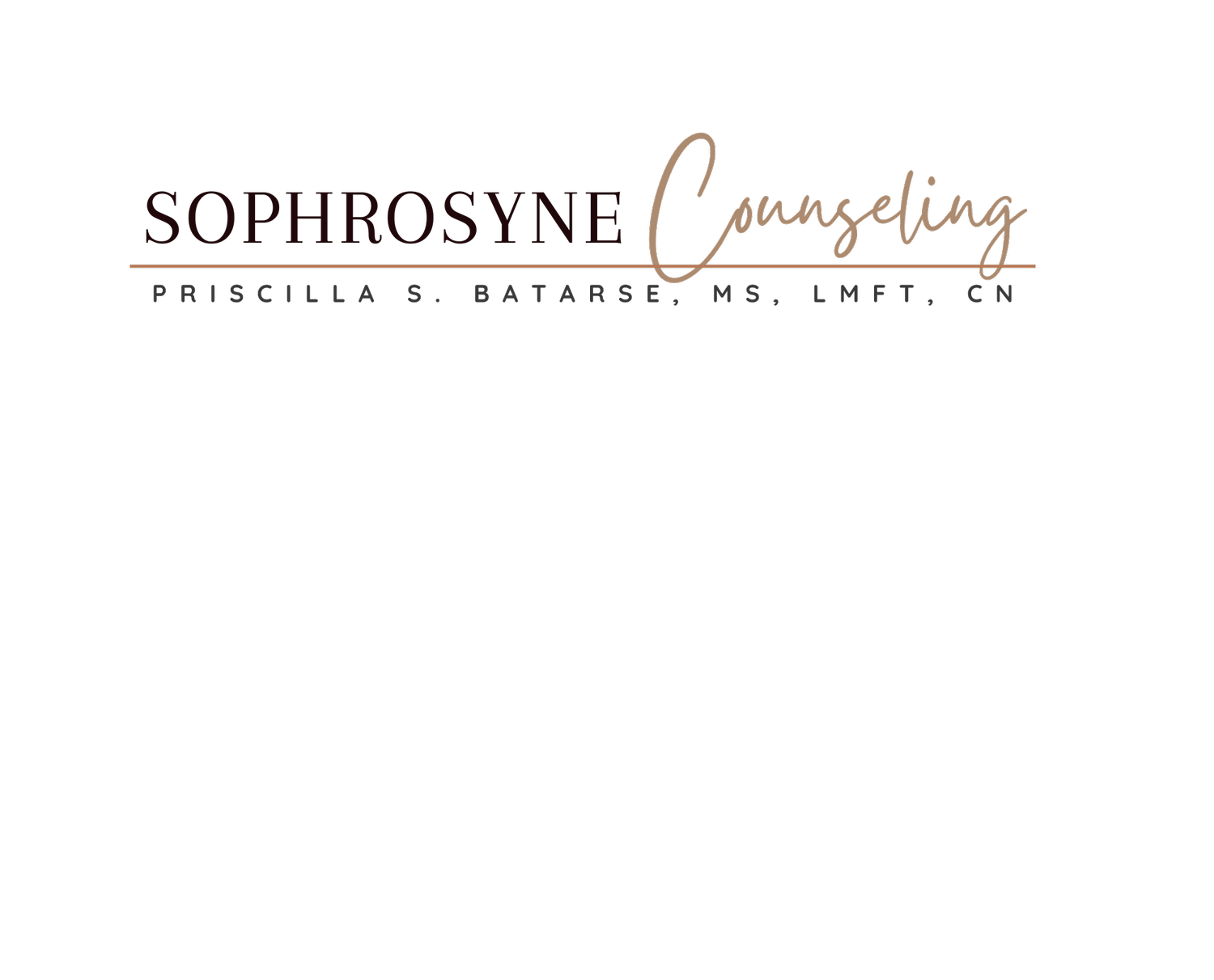Better Quality Sleep = A Better Life
Are you finding yourself tossing and turning during the night? Do you have difficulties falling or staying asleep at night? Do you find yourself lying in bed at night stressing about falling asleep, which makes it even that much harder to fall asleep?
If you struggle with falling asleep or staying asleep, you know the feeling of anxiously watching the clock as you worry about not being able to fall asleep. You wake up sleep-deprived, finding it difficult to function throughout your day.
Is it eating away at your productivity at work or school? Is sleep deprivation making you feel like shutting yourself off from the world? It is a vicious cycle, I tell you!
There’s nothing normal or ordinary about insomnia. This life-destroying sleep disorder may not always have a direct, explainable rationale behind it, but the adverse effects that can impact your health and quality of life are as plain as day.
You Spend Your Nights
You find yourself tossing and turning, struggling to fall or stay asleep.
As you lie in bed, the stress of being unable to sleep only makes it harder. You anxiously watch the clock, worrying about how little rest you'll get before morning. When you finally wake up, you feel sleep-deprived and unable to function at your best.
The lack of sleep eats away at your productivity, whether at work or school. It leaves you wanting to withdraw from the world, consumed by fatigue and frustration.
The anxiety about sleep creates a vicious cycle, worsening your concerns and making it even harder to relax. You may notice trouble focusing, concentrating, or remembering things during the day.
When night comes, it can take hours to fall asleep as your mind replays random events, second-guesses decisions, and wonders what you could have done differently.
Can you relate to these effects of poor sleep?
Fatigue | malaise.
Lacking attention, concentration, or memory impairment.
Social | vocational dysfunction or poor school performance.
Mood disturbance | irritability.
Daytime sleepiness.
Motivation | energy | initiative reduction.
Proneness to errors | accidents at work or while driving.
Physical symptoms such as tension headaches and gastrointestinal symptoms
Concerns or worries about sleep.
Transforming Sleep: Combining CBT-I and EMDR
How CBT-I Can Help: Cognitive Behavioral Therapy for Insomnia (CBT-I) is a brief, evidence-based treatment tailored to address your unique sleep issues. Each session targets specific aspects of your sleep patterns, helping to re-establish your natural sleep drive and align your circadian rhythm. CBT-I is recognized as a first-line treatment for insomnia and has proven effective in significantly improving sleep quality.
How EMDR Can Complement Sleep Therapy: For some, insomnia is linked to unresolved trauma or deep-seated emotional experiences. Eye Movement Desensitization and Reprocessing (EMDR) is a non-pharmaceutical therapy that can be particularly effective if your insomnia stems from trauma. By targeting both the memories and associated body sensations, EMDR helps process trauma, making it easier to establish calm and relaxation at bedtime.
EMDR Addresses Trauma-Related Insomnia: With EMDR, we focus on healing past experiences that may be causing anxiety around sleep. Once those experiences are processed, EMDR can help rewire your response to sleep-related fears, allowing you to envision restful sleep without anxiety.
EMDR and Sleep’s Restorative Role: EMDR and REM sleep share notable similarities. Both processes help the brain process emotional experiences, promoting emotional balance and resilience. EMDR can enhance relaxation and reduce stress, helping you reconnect with a more natural, restorative sleep cycle.
Cognitive Behavioral Therapy (CBT-I) FAQs
What is insomnia?
Difficulties falling asleep or staying asleep sleeping (nighttime symptoms).
Difficulty functioning associated with distress and/or perceived negative impact on daytime functions and mood (daytime symptoms).
Insomnia disorder is a 24-hour disorder.
What is CBT-I:
Cognitive Behavioral Therapy for Insomnia (CBT-I) is a brief and effective sleep-focused treatment anchored in the science of sleep. It utilizes principles of general cognitive-behavioral therapy (CBT) to address both nocturnal and daytime symptoms of insomnia disorder.
How does CBT-I work?
Cognitive Behavioral Therapy for Insomnia is a brief, solution-focused model customized to meet each person’s specific sleep needs and goals.
Each component of CBT-I has its distinct theory, logic, delivery, and protocol. Not everyone will need each element, as it is uniquely individualized for that person’s specific needs. Each component is systematically integrated to produce specific sleep outcomes.
Each session has a particular focus and desired treatment outcome. We will rebuild your innate sleep drive and re-align your body’s natural circadian rhythms. You will be actively engaged in learning and implementing new sleep-promoting skills, habits, behaviors, and ways of thinking to break the cycle of poor sleep.
General Structure of Treatment
CBT-I is a brief therapy, estimated to take between 6 and 8 sessions, depending on the severity and complexity of your presenting sleep issues. We will develop a treatment plan targeted to meet your specific sleep needs and goals. I integrate other forms of treatment, depending on your situation and needs. I take a holistic approach, so I will look at other areas of your life that may impact or exacerbate your sleep issues.
Benefits of Treatment
Instead of tossing and turning for hours before falling asleep, we will work together to ensure that you fall asleep within 30 minutes.
If you wake up many times during the night, you may wake up a few times, but we will get you falling back asleep quickly and easily.
If you spend a lot of time thinking and worrying in bed, I will teach skills and provide tools using cognitive behavioral therapy and other forms of treatment that work for you to manage those thoughts outside of the bed.
Wake up feeling refreshed and ready for the day.
If you have any questions or would like to set up a consultation, please do not hesitate to email me.
NOTE: By addressing the psychological, nutritional, and lifestyle aspects of your sleep issues, we can work together to ensure better quality sleep and, consequently, a better life.


